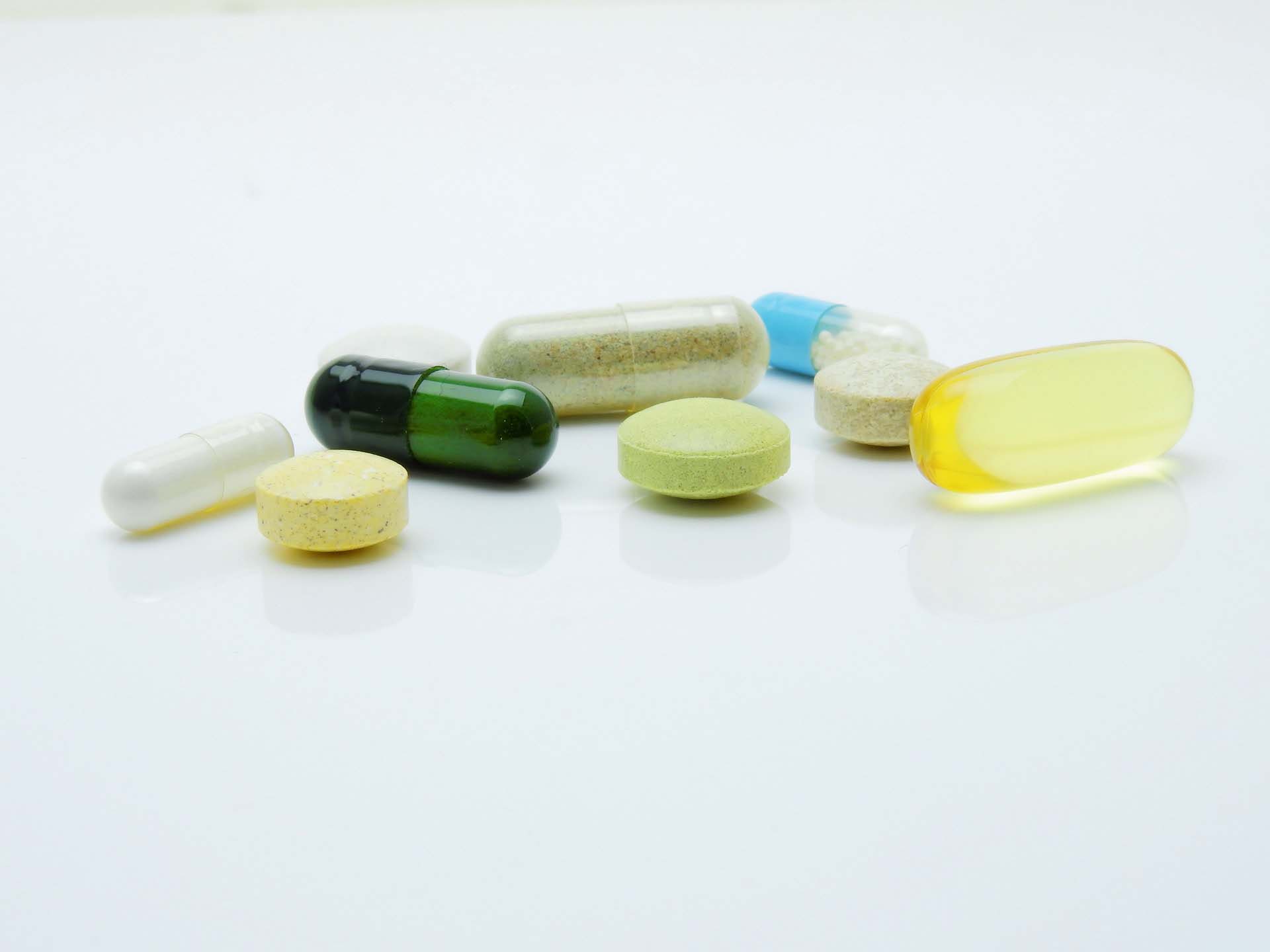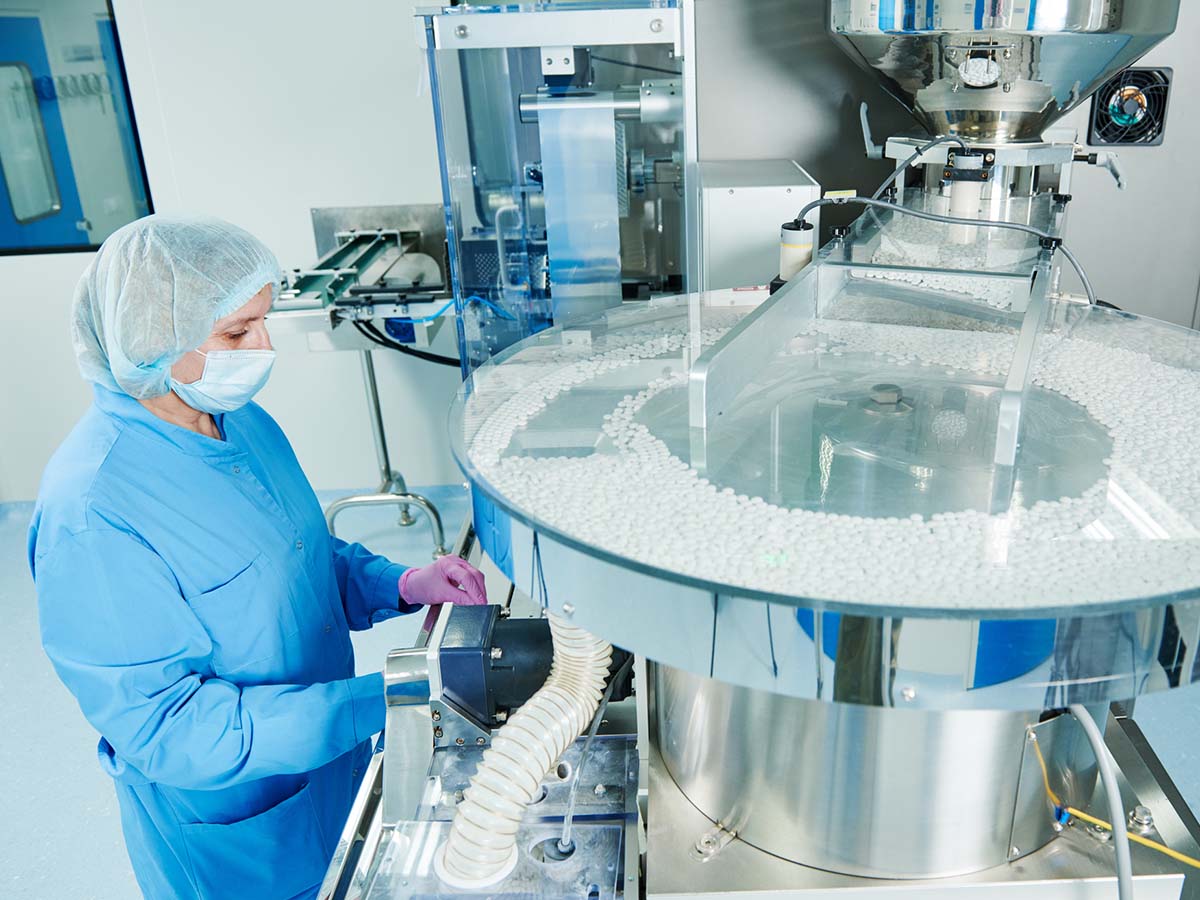Pharmaceutical Dust Collection
Dust collection is important in pharmaceutical manufacturing for several reasons. Airborne dust from production can be combustible under the proper conditions. Cross-contamination between different products must be kept to an absolute minimum, due to stringent regulations. Most importantly, worker health and safety must be protected. Pharmaceutical dust is different from other industrial dust, workers must limit occupational exposure to active pharmaceutical ingredients (API’s), staying withing permissible limits.
Considerations for Pharmaceutical Dust
Every pharmaceutical production and packaging plant should undergo a Occupational Exposure Limit (OEL) audit to determine what dust collection systems should be in place. Dust can be generated at several points, and nuisance dust is also a concern. Some dust may contain natural, synthetic, or metallic components that can be hazardous to workers over time. Strict adherence to OSHA regulations can help mitigate occupational risk.
Some types of pharmaceutical dust can be be combustible or explosive under the right conditions. Uninterrupted dust collection will be a priority in pharmaceutical laboratories and processing plants.

Dust Collector Design
To prevent deflagration from combustible dust, the system may require explosion venting, spark or fire suppression, and proper isolation. Local and state regulations will dictate what equipment is necessary to neutralize combustible dust.
Cross-contamination is also a prime concern. Pharmaceutical manufacturing has stringent guidelines on product purity. Dust must not be allowed to mingle other pharmaceutical ingredients and products.
Exposure to API’s with toxic properties can cause health issues. Dust collection design must be extremely robust. Overexposure to hazardous ingredients can cause problems with allergic reactions, reproductive issues, and organ toxicity. HEPA filtration can be added to dust collection systems for added filtration and protection.
When working with fine powder like dust materials, cartridge collectors are an outstanding filtration technology.

Pharmaceutical Dust Producing Processes
Here are some of the points where dust can be generated during pharmaceutical production.
- Batching
- Blending
- Coating
- Crushing
- Drying
- Encapsulation
- Granulation
- Micromization
- Milling
- Mixing
- Packaging
- Pelletizing
- Sampling
- Screening
- Tablet Forming
- Weighing

